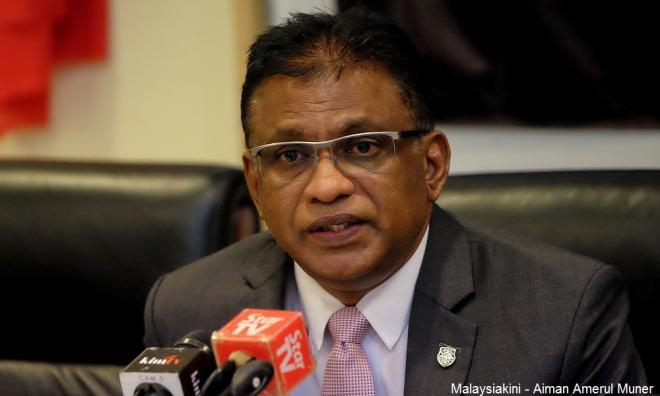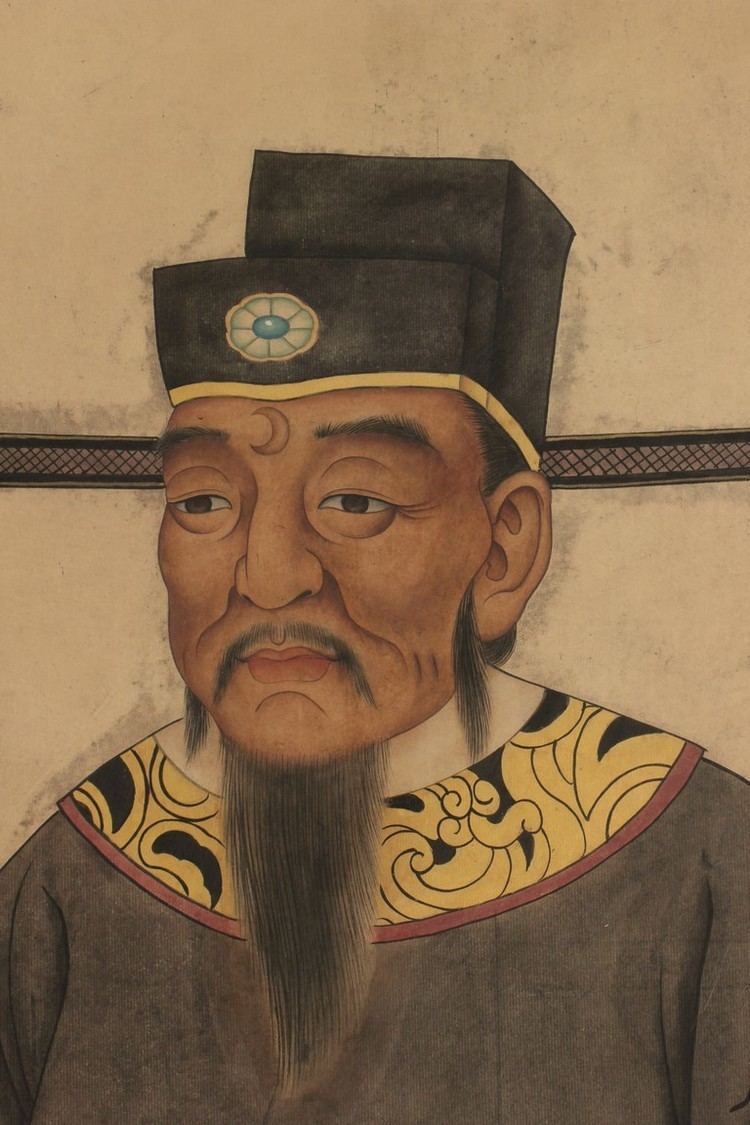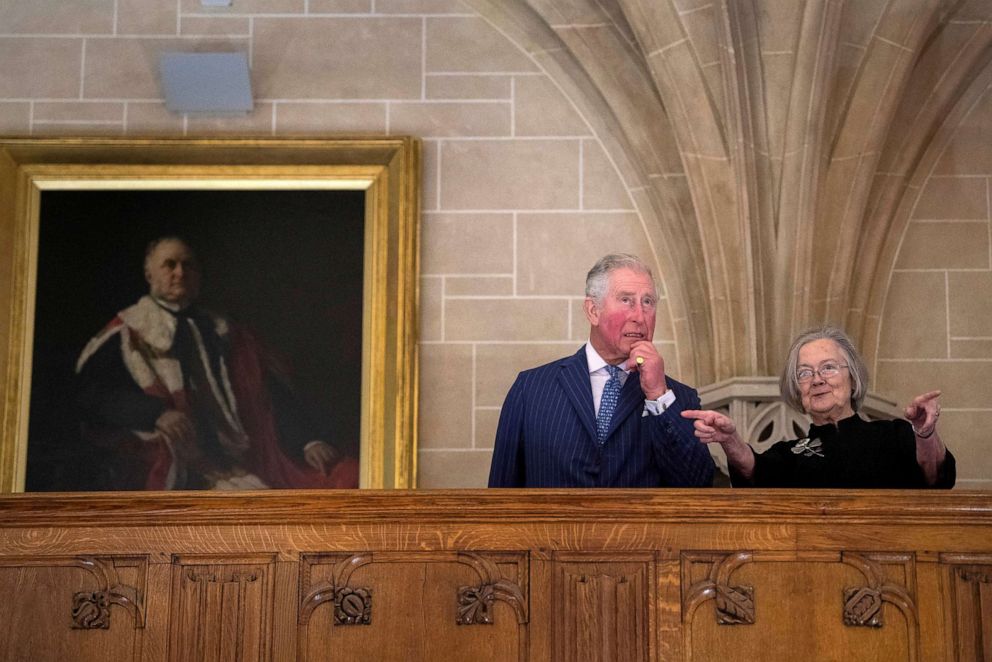
The story of Samantha Chong arose six months ago and ought to have triggered an immediate internal investigation by the Bar Council Malaysia, but that does not appear to have happened.
That silence appears to have been exemplified by this email from the current Bar Council President, Fareed Gafoor, to his CEO,on the matter of the Bar Council's JV with Australia's College of Law:
Dear Rajen,
We can’t remain silent on this.
Abdul Fareed Bin Abdul Gafoor
The immediate past president of the Bar Council. George Varughese, was recently appointed a judicial commissioner. It was under Varugehese's watch that the College Of Law JV was executed, ended,and now it seems, covered-up.
As immediate past president of Bar Council when the events complained of by Ms Chong occurred Varugehse has a duty to explain why her complaint was not acted on.He also has a duty to explain the matter of the College Of Law.
To not do so is to cast doubt on his appointment as a Judicial Commissioner.
END

PETALING JAYA: Former lawyer Samantha Chong is asking why it was taking so long to get an update on a police report of a sexual assault six months ago.
In a series of tweets to Inspector-General of Police Abdul Hamid Bador and Attorney-General Tommy Thomas, she said the investigating officers had chosen to ignore her, most of the time.
“Updates are hard to get. Do you still need another six months?
“Is this how you treat a sexual assault survivor? And then pretend to be surprised why most victims remain silent?
“Why the delay?” she asked in her tweets.
Chong, 34, had alleged that she was groped twice during a Criminal Lawyers’ annual dinner gathering at a hotel here in June.

She then lodged a police report at the Sea Park police station against a fellow lawyer over alleged sexual assault.
She claimed that her alleged assailant, who was said to be drunk, groped her at least twice during the dinner.
Samantha who is in her early 30s, claimed she told the lawyer to stay away from her but he ignored her warnings.
She said the lawyer then became aggressive, used vulgar words against her and threatened her.
In her tweets today, Chong claimed the suspect is now happily carrying on with his life while “nightmares have been a loyal friend to me”.
“I’m tired of trying so hard to walk out from the shadows while you kept me in the dark,” she said, apparently referring to the police, adding that enough is enough.
When contacted, Petaling Jaya district police chief Mohd Zani Che Din said they would be getting in touch with Chong.
“We will respond only to the complainant,” he told FMT.







